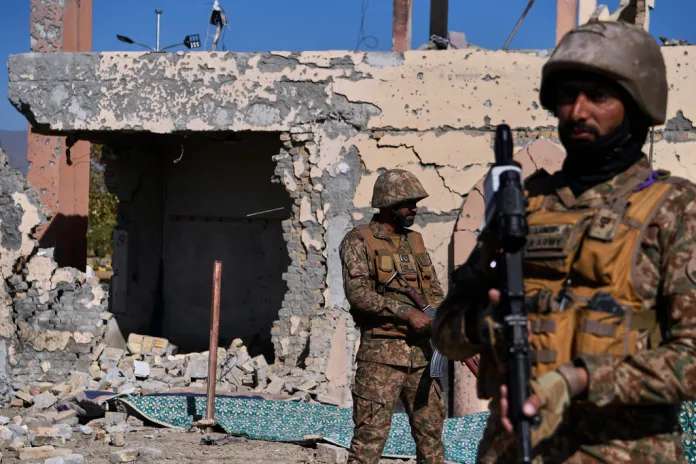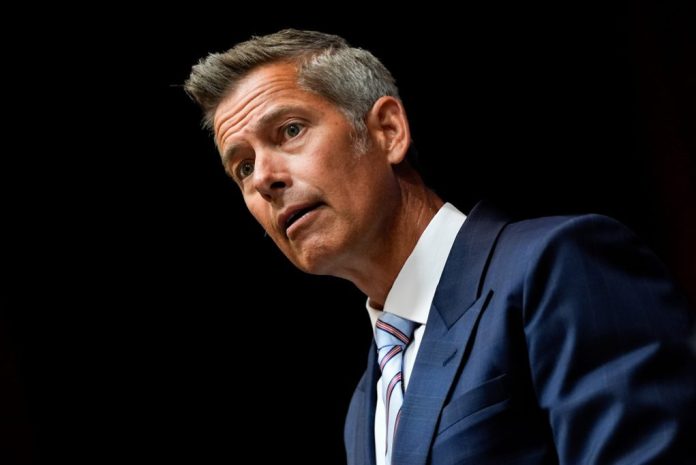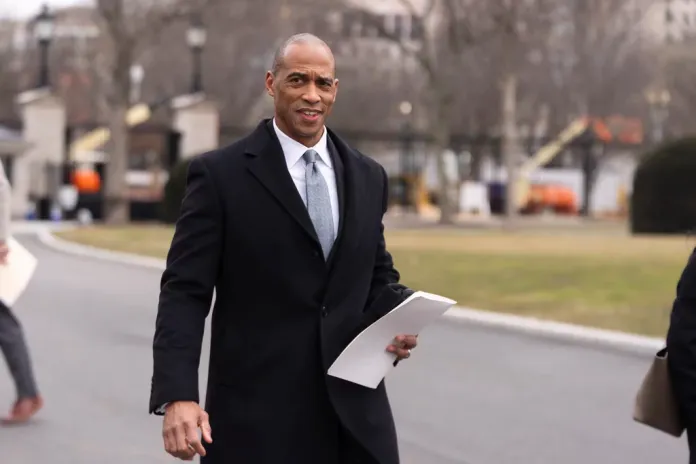Dr. Fauci On Mistakes Made During The Pandemic: ‘We Have To Get Away From The Blame Game’
Dr. Anthony Fauci Says Stop Blaming Public Health Officials for Pandemic Mistakes
In a recent interview with CNN’s Christiane Amanpour, Dr. Anthony Fauci, former director of the U.S. National Institute of Allergy and Infectious Diseases, urged people to stop blaming public health officials for mistakes made during the pandemic. When asked what he thinks he and the scientific community got wrong with the policies they pushed for and implemented, Fauci responded:
“I think we have to get away from the blame game because so many of the things that you have mentioned were unknowns at the time. It’s so easy. This is really big time Monday morning quarterbacking here, which is what it is. So, rather than have a blame game, and that’s one of the things that we have to stay away from because there were things that happened and it was a moving target and you had to, out of necessity, make a decision.”
Fauci also emphasized the importance of getting children back to school as quickly and safely as possible, and criticized schools that stayed closed for too long. He acknowledged that decisions made during the pandemic were often partially right, but that hindsight is 20/20 and it’s important to focus on moving forward rather than assigning blame.
Watch the Interview:
“We have to get away from the blame game,” says Dr. Anthony Fauci. Shutdowns were necessary, he adds, but some “schools stayed closed far too long.”
That said, he says the school where his daughter taught shut down for two weeks and “they didn’t do too badly.” pic.twitter.com/DlPnWShomj
— Christiane Amanpour (@amanpour) April 28, 2023
CLICK HERE TO GET THE DAILY WIRE APP
Transcript:
CHRISTIANE AMANPOUR, CNN CHIEF INTERNATIONAL ANCHOR: You know, there were many instances, and we could play many and repeat many, you’re obviously very familiar, but, you know, the fisticuffs with people in Congress, presidential candidates, senators, governors, DeSantis, you know, and other people who just basically blamed you. They basically blamed you. They said everything you did was contrary to saving lives. As if you were in full charge.
So, I realize you’re going to say, well, no, I wasn’t in full charge. But I want to know what you think you and the community got wrong. Was the closing of the schools too draconian? How much of a delay did the fact that nobody fully understood the asymptomatic spread of this, nobody figured out that it could actually bus through certain vaccine levels as well?
DR. ANTHONY FAUCI, FORMER DIRECTOR, U.S. NATIONAL INSTITUTE OF ALLERGY AND INFECTIOUS DISEASES AND FORMER CHIEF MEDICAL ADVISER TO THE U.S. PRESIDENT: Yes, yes.
AMANPOUR: What are the real takeaways, the real lessons for public health?
DR. FAUCI: Yes. I think we have to get away from the blame game because so many of the things that you have mentioned were unknowns at the time. It’s so easy, and I made that comment in my response to one of the questions that Davis Wallace-Wells asked me in the —
AMANPOUR: This is in “The New York Times” profile.
DR. FAUCI: In the “The New York Times” profile. And I didn’t mean it as an affront to him, but I said, you know, this is really big time Monday morning quarterbacking here, which is what it is. So, rather than have a blame game, and that’s one of the things that we have to stay away from because there were things that happened and it was a moving target and there were things that you did not know at the time and you had to, out of necessity, make a decision.
And sometimes the decision was partially right. For example, let me give you an example of a partially right decision. I think the idea, when you having trucks, that were cooler trucks, pulling up to hospitals in order to put bodies in because the morgues were overflowing and the hospital beds were being challenged that you had a triage, you had to shut down. I don’t think anybody who has any realistic evaluation knows that you’ve got to do something dramatic.
Once that’s done, then the thing that you need to now go back and analyze, I don’t think anyone would argue with the fact that you had to shut down, is how long you keep the shut down and how complete it is, how does that relate to schools when you shut down schools, if you do. And I have been very vocal about this and I think that people who like to point fingers, I say, go look and look at the tape. You know, the tale of the tape, when I kept on saying over and over again, we’ve got to get the children back to school as quickly as possible. We’ve got to get them in school safely and we’ve got to make sure that they are not essentially out of school, at home, getting it over the negative consequences.
Different parts of the country interpreted that differently. There were schools that stayed closed far too long and longer than they should have and there were those that essentially didn’t close at all. You know, my daughter is a school teacher in New Orleans, they closed out for two weeks, and we’re essentially open for the rest of the time and other schools —
AMANPOUR: The result was?
DR. FAUCI: And the result was, you know, they didn’t do too badly. I mean, the kids got infected, a lot of them did, you know, virtually. It was very difficult to determine, and say, well, if you shut down this long, you get no negative effect on the child and minimum effect on the infection, those studies weren’t done. It was just trying to do as best as you can in these circumstances that you are in.
" Conservative News Daily does not always share or support the views and opinions expressed here; they are just those of the writer."




